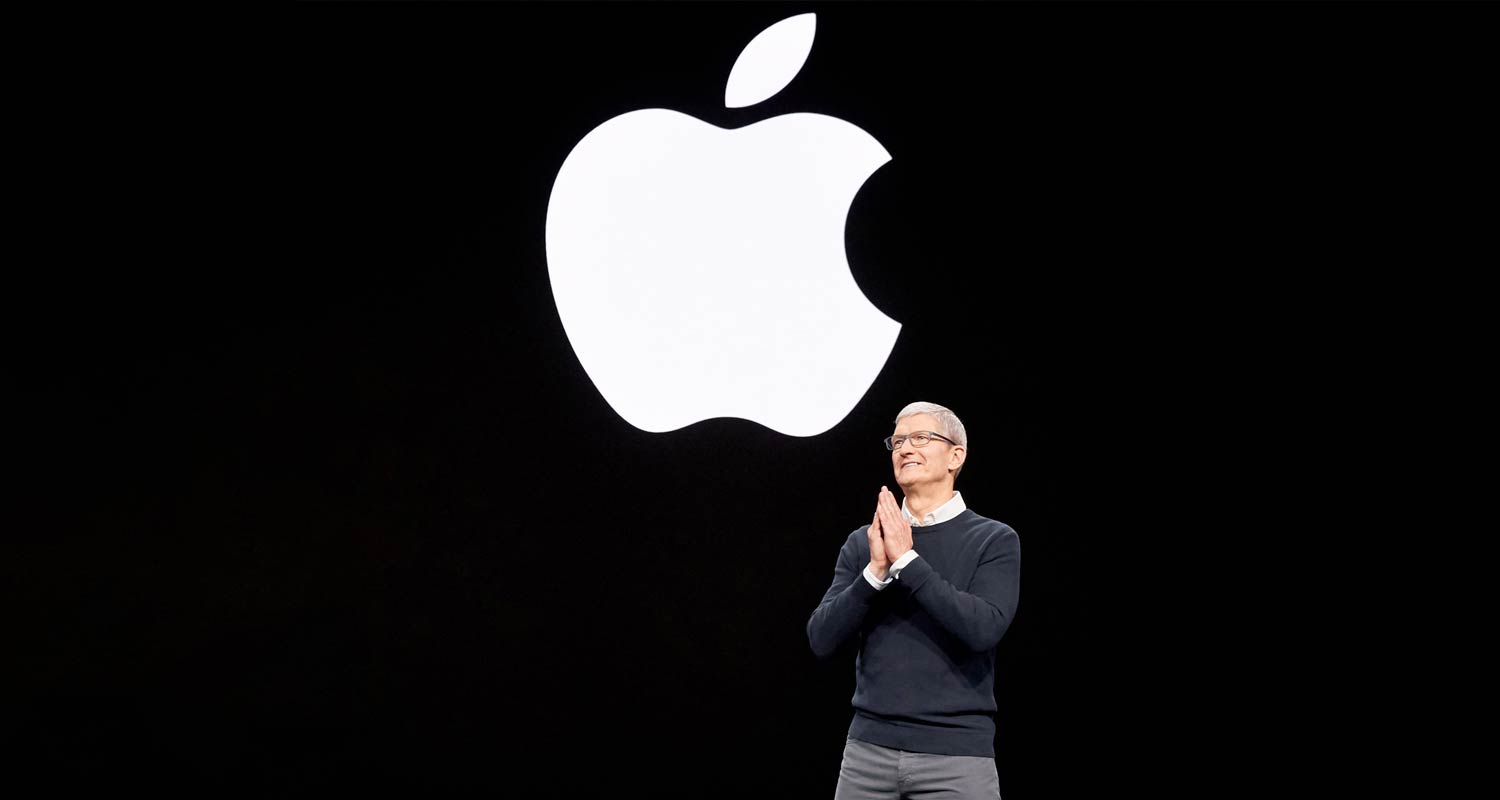And yet - I will not push the analogy between the president-elect and cryptocurrency any further - this volatility also exposes the central contradiction of crypto, which has hit record highs in the week since Trump was elected. Crypto is supposed to be an alternative to government currencies, a safe refuge if the global financial system collapses. But its history suggests it just makes your portfolio riskier. It's not possible for something to both add risk and provide safety.
Crypto has been around for only about 15 years, which is not much time in financial markets in general and certainly not enough time to make a definitive inference about its pricing behaviour. That said, a pattern is emerging cryptocurrencies have a very high beta, a measure of an asset's volatility, and they are very correlated with the overall stock market. When the market is up, they are up even more. When it falls, so does crypto - even more.
The big boost this week is in large part because of Trump's decisive victory. He is a convert to crypto, even campaigning at a bitcoin-themed dive bar, and has promised more friendly regulation and raised the prospect that his administration may start a crypto fund at the US treasury. Under Trump, crypto may finally go mainstream and become more palatable to institutional investors.
Even if Trump were not a crypto enthusiast, however, it would probably still be having a good week, because the whole market is up and crypto has a high beta. This makes crypto a very risky asset. When everyone else gets rich, you get even richer. And when markets crash, you are even worse off - just when you may need money most. This is hard to square with crypto's promise as a safe and secure way to make transactions - an asset that will retain its value even as governments inflate away their currencies or, worse, the global economic system collapses.












